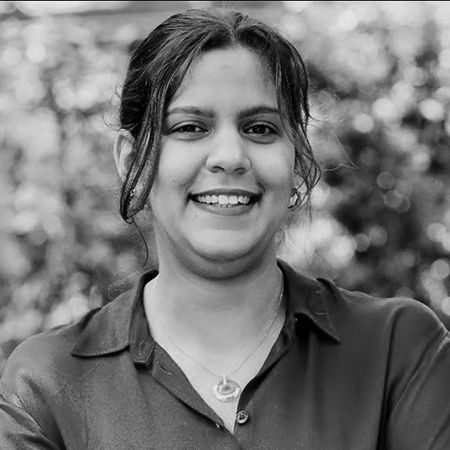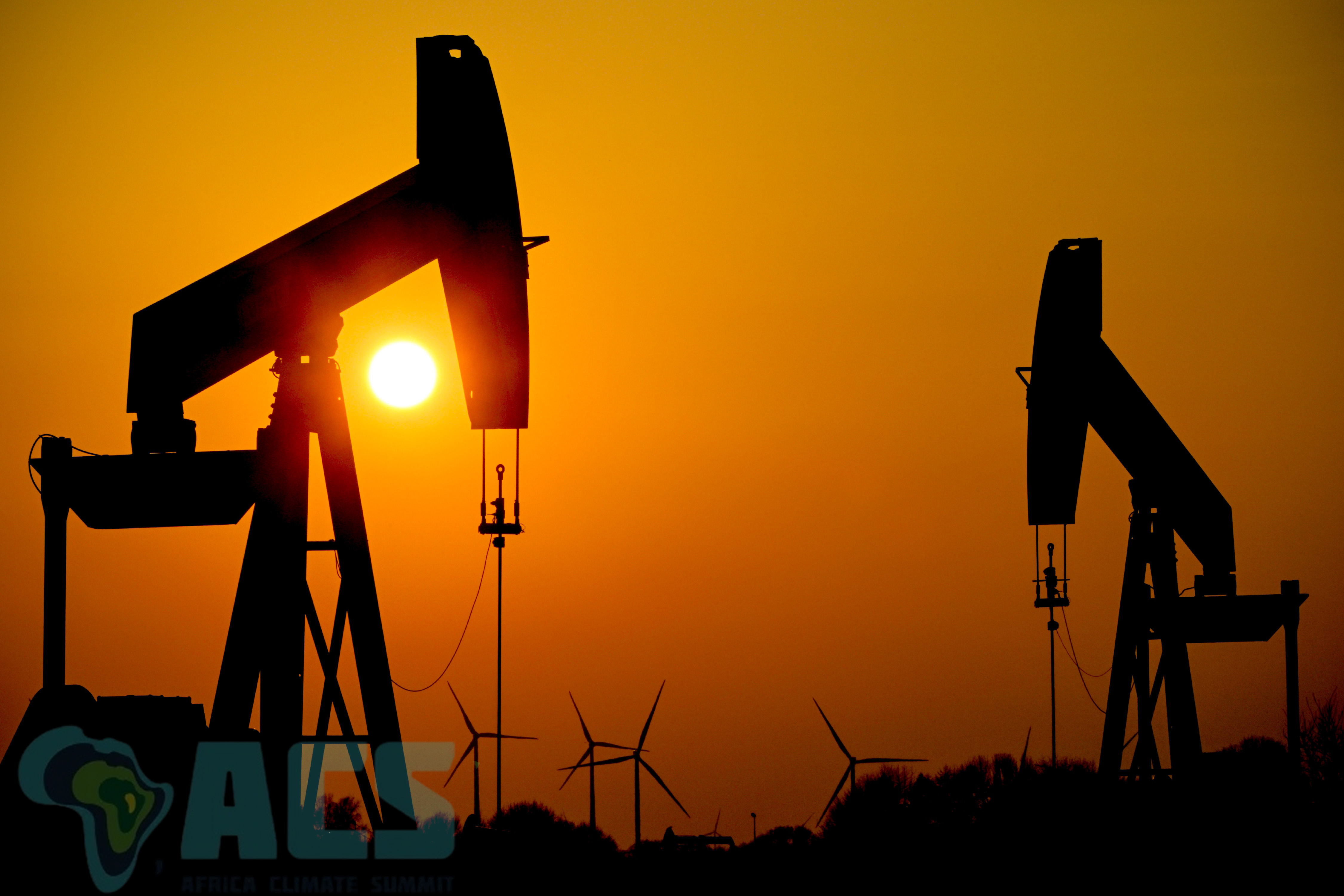The second Africa Climate Summit in Addis Ababa is a matter of survival. From the broken promises of COP29 in Baku to the stalled adaptation finance negotiations at SB62 in Bonn, Africa has heard enough hollow declarations.
And while a $300-billion climate finance pledge may make headlines, without concrete mechanisms, debt-free access and direct investment in local solutions, it risks becoming just another number with no justice.
In Nairobi, when African climate leaders gathered to assess progress on the Nairobi Declaration from the first Africa Climate Summit (ACS), it became painfully clear how far we still have to go.
Melese Eyassu from the ACS 2 Secretariat laid it bare: agricultural productivity in Africa has declined by 34% since the 1960s, even though 60% of our people still rely on rain-fed farming. The Congo Basin, a critical carbon sink, is vanishing at a rate of 500,000 hectares a year.
And while African countries need $3-trillion to meet their climate goals by 2030, they received just $30-billion in 2021–2022. With governments only able to commit to 10% of the total cost, the 80% climate finance gap remains a glaring sign of injustice.
Deliberate dependency
That path begins with confronting the most brutal contradiction of all: a continent that could feed the world but cannot feed itself. Despite possessing over 60% of the world’s uncultivated arable land, Africa imports as much as 85% of its food. The continent spends more than $35-billion annually on food imports, a figure projected to soar to $110-billion by 2025.
This dependency is not accidental. It is the direct result of decades of structural disinvestment in smallholder agriculture, the marginalisation of agroecological systems and a dangerous turn toward monoculture and export-oriented production that feeds global markets while failing African families.
This crisis is deepened by a new wave of land grabs masquerading as green energy. In Bouenza, Congo, an Italian firm has begun cultivating sunflower and soy on fertile farmland. But this produce is not destined for local plates — it is being transformed into biofuels to power vehicles in Europe. This is unfolding in a country where 70% of food is still imported.
The company claims the land is degraded; farmers say it is some of the most fertile in the region. This is a pattern repeating itself across the continent: fertile lands sacrificed for energy exports, under the illusion of green progress.
The truth is, food systems globally are now structurally dependent on fossil fuels — from synthetic fertilisers to long-distance transport. A recent report by IPES-Food, “Fuel to Fork”, shows that food systems consume 15% of all global fossil fuel energy and up to 40% of petrochemicals, while agribusiness giants and oil companies look to agriculture as their next frontier for profit.
Under the pretence of a climate solution, this approach is locking African food and land systems into another cycle of extraction. It threatens to replace oil rigs with biofuel plantations and to transform Africa from a breadbasket into a fuel station.
Agroecology — a proven alternative
/file/dailymaverick/wp-content/uploads/2023/11/Julia-Climate-adaptation-2.jpg)
But a different future is possible — and it is already growing. Agroecology, rooted in Indigenous knowledge, biodiversity, and ecological balance, offers a proven alternative. It has been shown to enhance yields, protect soils, strengthen nutrition and restore ecosystems.
The World Rainforest Movement affirms that agroecology is not merely a technical fix, it is a political strategy for autonomy and dignity. As the Alliance for Food Sovereignty in Africa (Afsa) argues, food sovereignty cannot be achieved without energy sovereignty — because without community-controlled energy, there is no agroecological future.
Energy is not just about infrastructure; it is about power — who generates it, who controls it and who benefits. Agroecology cannot thrive in the dark. Farmers need energy to irrigate fields, process crops, and sustain rural livelihoods.
Yet, dominant models of energy access in Africa continue to replicate extractive and centralised structures. Africa’s just transition must therefore centre this connection: energy for food, and food for sovereignty.
Economic injustice
What blocks this transition is not only technology — it is the crushing weight of economic injustice. In 2023 alone, African nations were burdened with an external debt of $11.4-trillion. A staggering $85-billion was funnelled to external creditors, with that figure expected to rise to $104-billion in 2024.
Shockingly, 32 African countries now spend more servicing debt than investing in healthcare. These unsustainable outflows strip governments of the fiscal space needed to invest in renewable energy systems or agroecological transformation.
Even worse, many so-called climate finance mechanisms come tied to debt, pushing African communities deeper into poverty under the guise of a green transition designed elsewhere.
This is precisely why the promises of the Comprehensive Africa Agriculture Development Programme (CAADP), launched two decades ago, remain largely unfulfilled. Though it aimed to channel 10% of national budgets into agriculture, most governments still fall short.
False solutions
Smallholder farmers, who produce 70-80% of Africa’s food, are left out of policy decisions and financing priorities. The time has come not for new pledges, but for governments to reclaim their power to shape sovereign food and energy systems.
The Africa Climate Summit, which runs in Addis Ababa from 8-10 September 2025, with the pre-summit from 5-7 September, must reject false solutions wrapped in green packaging and instead demand climate finance that is just, transparent, and non-debt inducing – channelled directly to agroecological projects and community-owned renewables.
Energy without food is not development; it’s exploitation.
Africa doesn’t need more pipelines or glossy dashboards. It needs solar-powered irrigation, policies that protect farmers and food systems designed for dignity — not speculation.
The future will not be built by feeding foreign industries while our people starve. It must be built by and for Africans — sovereign, sustainable and rooted in justice.
For us to have a future, oil and gas must have no future. DM
Dr Wafa Misrar is the Campaign and Policy Lead for CAN (Climate Action Network) Africa. She has a PhD in materials and environmental chemistry.





 Illustrative image | Pump jacks of the German Wintershall Dea company convey crude oil as the sun sets behind an oil field, with wind turbines in the background. (Photo: EPA-EFE / Sascha Steinbach) | African Climate Summit logo. (Photo: Wikipedia)
Illustrative image | Pump jacks of the German Wintershall Dea company convey crude oil as the sun sets behind an oil field, with wind turbines in the background. (Photo: EPA-EFE / Sascha Steinbach) | African Climate Summit logo. (Photo: Wikipedia)